
Аннотация
Down the Great Unknown depicts the «last epic journey on American soil», John Wesley Powell's exploration of the Grand Canyon and the fulminating, carnivorous Colorado River. The book, a model of precision, clarity, and serene passion, outshines, arguably, its bestselling brother-volume, Stephen Ambrose's Undaunted Courage.
On May 24, 1869, Powell, an ambitious, autocratic, one-armed Civil War veteran and amateur scientist, and a casually recruited crew of nine — without a lick of white water experience — embarked from an obscure railroad stop in the Wyoming Territory to travel through a region "scarcely better known than Atlantis." Ninety-nine days, 1,000 miles and nearly 500 rapids later, six of the men came ashore in Arizona — the first humans to run the waters of the Grand Canyon. Dolnick tells this story of courage, naiveté, hardship, and petty squabbling simply and authoritatively using entries from the men's journals, deft overviews (we always know where we are), and short science, history, and psychology lessons, as well as the prodigious knowledge of present-day river runners and his own first-hand observations. His prose carries the day: Powell looks like a "stick of beef jerky adorned with whiskers," the boats are "walnut shells," which in rapids are little better than "ladybugs caught in a hose's blast" or "drunks trying to negotiate a revolving door," while the river is a "taunting bully," a "colossal mugger," a "sumo wrestler smothering a kitten," and a notable rock formation looks like what might happen if «Edward Gorey had designed the Bat Cave».
Down the Great Unknown brushes against perfection. This is history written as it should be — and too rarely is: enthusiastic, rigorous, painterly, gloriously free of both pedantry and hyperbole.
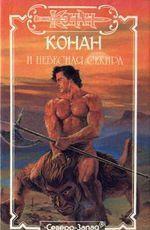
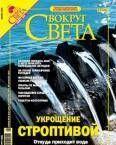

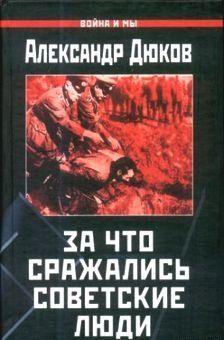

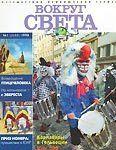
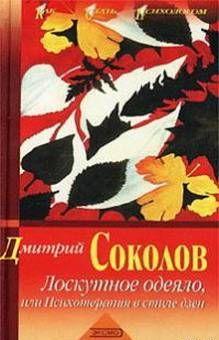

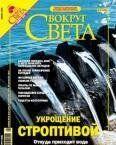


Комментарии к книге "Down the Great Unknown: John Wesley Powell's 1869 Journey of Discovery and Tragedy Through the Grand Canyon"